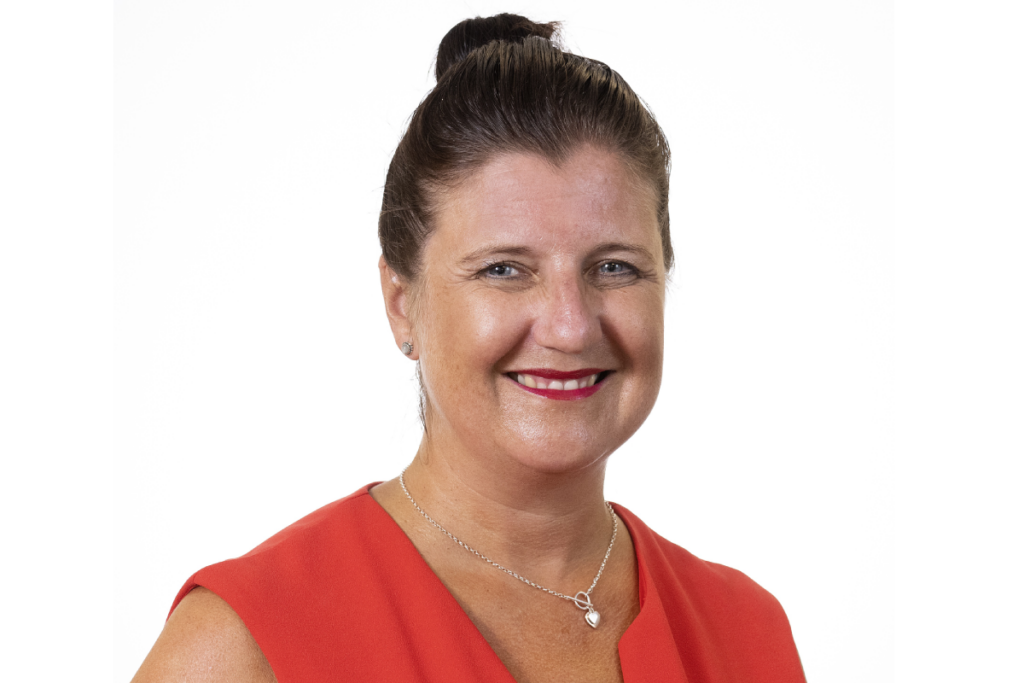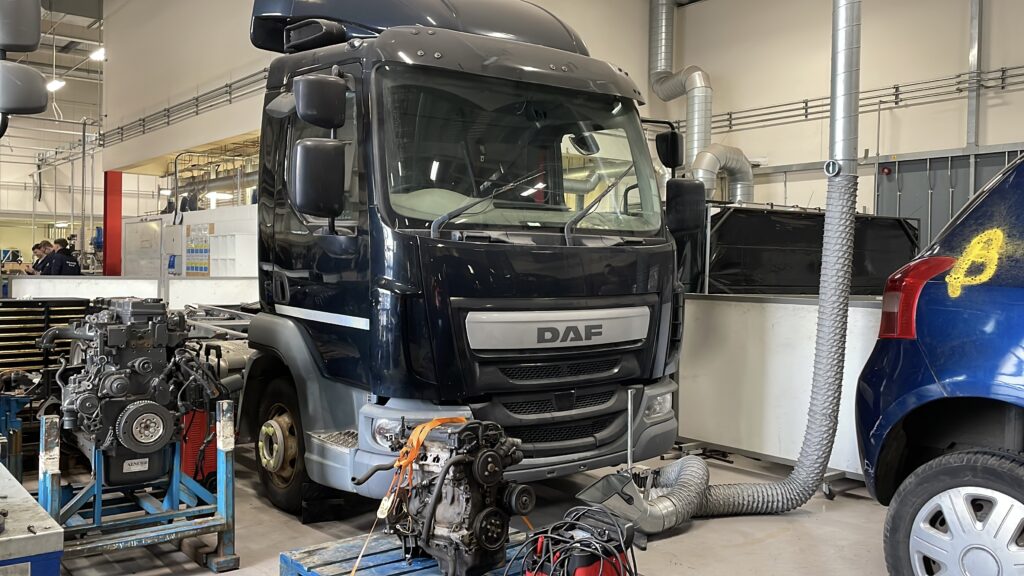
There’s no one-size-fits all approach when it comes to businesses.
But there are some common skills needs experienced by organisations that fall into the same sectors and geographical areas. And these can be used to better create employees the economy in Lancashire and Cumbria needs.
Enter Sector Advisory Groups – focus groups established by the IoT and its eight colleges to enable skills gaps to be fed back by businesses. Feedback is then used to shape the courses offered by the IoT, with modules added or amended to reflect current industry requirements.
It’s knowledge sharing with real impact on the end-product – the learners entering the workforce.

At Preston College, Sector Advisory Groups (known as SAGs) were established just over a year ago as a way of formalising the employer relationships that had been going strong for years. The college currently has seven SAGs in place, two of which are specific to its IoT provision in engineering and construction. Each includes eight employers.
“The SAGs are going really well and they’ve helped us think differently about what it is that an employer wants, that can change the way we teach learners,” says Linzi Monks, Director of Apprenticeships and Employer Engagement at Preston College. “It’s a two-way street and we have a lot of discussions around what we can do for businesses, by creating courses their employees need, and how they can enhance our curriculum by coming in and talking to learners and offering opportunities.”
Green skills are a hot topic across the board, and discussions have led to these being embedded into courses, for example in construction where building practices need to be environmentally friendly. Employability skills are another ask from businesses – from communication around the workplace to the ability to arrive for work on time, with all necessary equipment and with the right attitude.
“We teach the curriculum but, in reality, when our learners go to work in some industries that will be a small part of the role,” Linzi says. “The feedback we’ve received started to open our eyes to think about our curriculum and what we need to add in.
“Level 4 qualifications, particularly, are a real growth area in Lancashire so the IoT has come along at the right time and the more we can get employers involved the better.”

One big example of how this feedback makes a real change is the introduction of a new mental health foundation degree, which will launch in September 2025 in response to feedback around rising mental health needs in Lancashire. Four more SAGs will be launched this year, including a health group that will feed into this new course.
Similarly, feedback around the need for counsellors to carry out consultations on screen is shaping the way learners are taught on IoT counselling courses. It’s the result of solid partnership working, which also extends to tutors on courses spending a day every year working in industry to keep their knowledge up to date.
The IoT has a goal to provide the workforce industry needs – and encourage these workers to stay in Lancashire and Cumbria to benefit the local economy.
“Establishing SAGs has opened up opportunities for everyone,” Linzi says. “Employers can see we’re producing really highly skilled people and that they can play a part in that.”